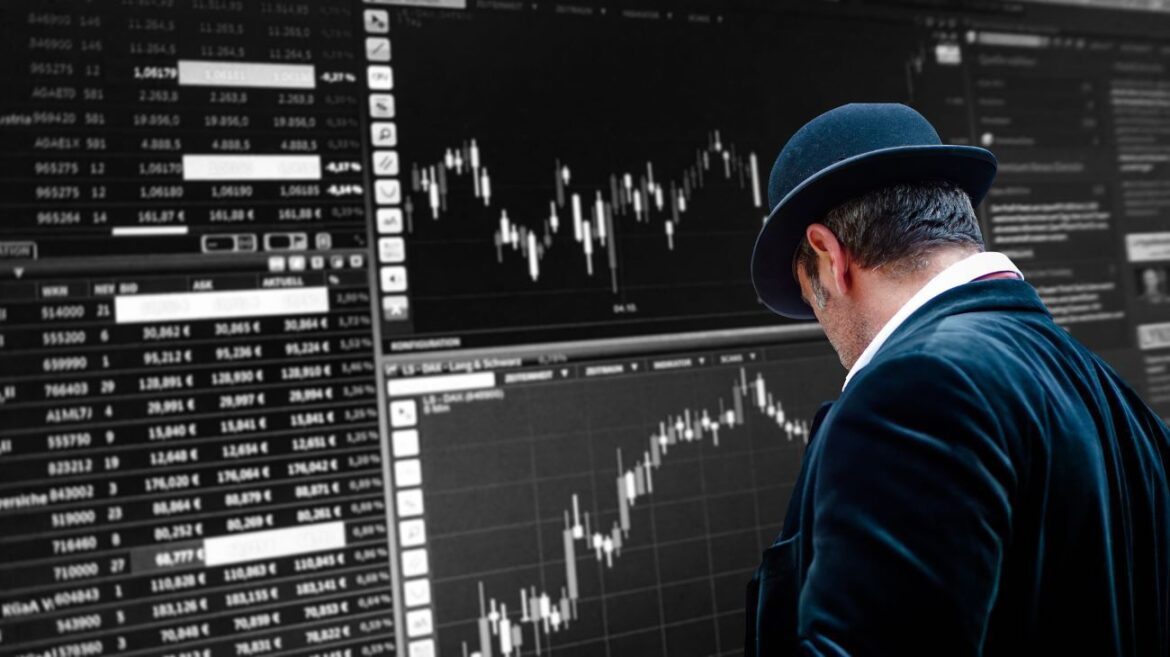When an asset is bought or sold, there are always two parties in it – one is claiming to buy assets, and another one is ready to sell them, and vice versa. This works similarly in all markets – be it traditional stocks or crypto assets. For example, when you want to buy 20 AVAX tokens, you need someone willing to sell the same amount and desirable at a fair price. However, what are the chances to buy the needed number of coins here and now? That depends on supply and demand for every specific asset at the given moment. What if there is no one willing to fill your order? The answer is a market maker.
How Does Market Maker Work?
To maintain a sufficient level of liquidity, crypto trading platforms hire a market-making company, financial entity, broker, high-frequency traders, or (rarely) individuals who continuously open bid (buy) and ask (sell) orders and fulfill other traders’ orders instantly. To participate in a market maker program, entities and companies usually have to prove their capability to provide liquidity, as well as authenticity and compliance.
AML check crypto helps assess the entity’s compliance with AML regulations and verify its adherence to know-your-customer (KYC) procedures. This includes:
- Customer due diligence
- Transaction monitoring
- Sanctions screening
- Regulatory compliance
- etc.
An example of market maker is Achеron trading – designed by experienced traders who have been into crypto since its incеption. The platform utilizes top-notch software and algorithmic trading tools. Another example is Algoz Crypto Markеt Makеr, which offers automated tools that help traders trade efficiently without relying on manual trading.
How Do Market Makers Make Money?
The bid-ask spread is the difference between the highest price a buyer is willing to pay (bid) and the lowest price a seller is willing to accept (ask) for a particular asset. Market makers play a crucial role in facilitating trades by continuously quoting both buy and sell prices, and they make money by capturing the spread. Here’s how market makers earn from the bid-ask spread:
- Continuous placing buy and sell orders
- Narrowing spread
- Buying assets at the bid price and selling them at the ask price
- The more trades executed, the more they earn from the bid-ask spread
- Identify and capitalize on price differences between exchanges or trading pairs.
In addition, crypto exchange market making often implies reduced fees for market makers.
Also Read: From Studio to Blockchain: Transforming Music Production and Distribution
Conclusion
Choosing a market maker is a crucial step for a crypto exchange. Before making a partnership, market maker companies are checked for compliance with regulations. Market makers’ profit comes from the bid-ask spread and the difference in asset prices on crypto platforms.




